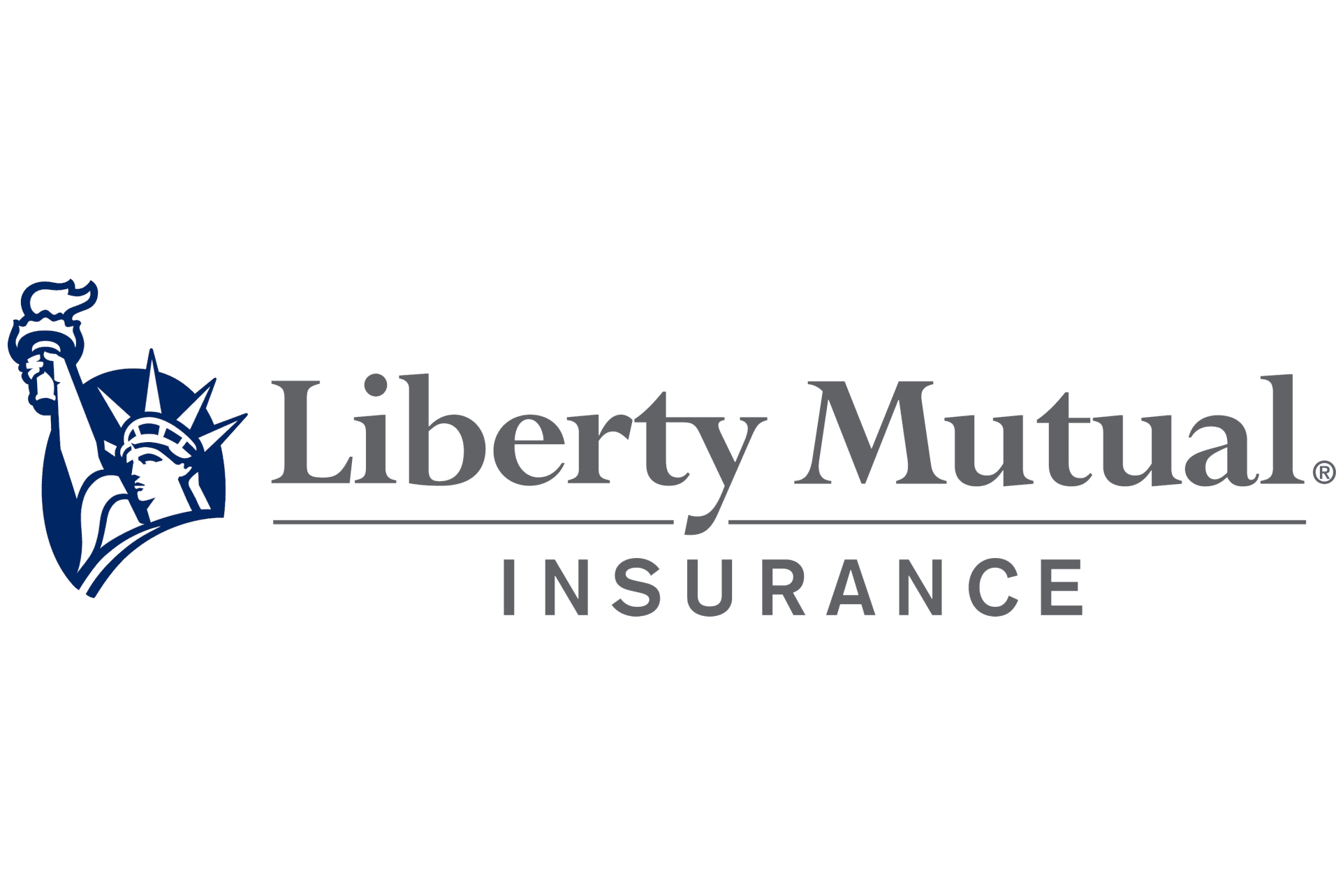What does employment practices liability insurance cover?
An employment practices liability insurance policy can help cover your business when a candidate, employee, or ex-employee sues over employment issues. These can include wrongful termination, discrimination, workplace harassment, libel or slander, breach of privacy, breach of contract, retaliation, and more.
Wrongful termination
A wrongful termination or wrongful demotion complaint can occur when an employee feels mistreated.
A scenario of wrongful termination: A manager provides a negative evaluation in which an employee’s performance is unfairly reported, which results in their termination of employment or demotion. This ex-employee could bring a lawsuit against the company which would be covered by an EPLI policy.
Discrimination
There are multiple employment laws in place to protect employees against discrimination on the basis of race, color, creed, religion, age, national origin, sex, sexual orientation, physical or mental disability, veteran status, gender identity, genetic disposition, or any other protected category under state or federal law.
If an employee feels their employer has violated one of these laws, a lawsuit may be brought against the company. An example: An older employee is suddenly fired, and the position is filled by a younger replacement with a significantly lower salary yet similar responsibilities. The ex-employee may sue for age-based discrimination.
Workplace harassment or sexual harassment
If an employee or manager of your business behaves inappropriately towards another co-worker your business could be held liable in the event of a lawsuit.
Libel or slander
If someone who is part of your organization makes accusations against another employee or contractor without evidence and it turns out to be false, this is considered libel or slander. The accused employee or contractor could bring a costly defamation lawsuit against your business.
Breach of privacy
Most businesses collect sensitive information from employees upon hiring them. If this information is shared inappropriately, the employee could sue. Other breaches of privacy can include overuse of video cameras, recording devices, and private personnel requests.
Breach of contract or agreement
When an employee is hired, both parties typically agree to an employment contract that outlines duties and responsibilities. If an employee feels their employer has not lived up to their end of the contract, they can sue the company.
Retaliation
If an organization or manager uses a negative consequence in response to an employee-protected action, it is considered retaliation. An example: If an employee is fired for taking their federally-mandated maternity or paternity leave, the employer could be held legally liable.
What does employment practices liability insurance NOT cover?
Employment liability insurance only covers employment-related issues that fall within the policy details. Some scenarios where EPLI will not cover expenses are:
- Penalties or fines from breaking laws
- Employee injuries
- Errors and omissions
- Third-party slander
- Property damage
Most of these either require their own insurance policy or an endorsement added onto an employment practices liability insurance policy.
Penalties, fines, or unpaid wages
In the case where a company breaks the law and is required by the state or federal government to pay penalties or fines, EPLI will not cover those expenses. Some EPLI policies will offer coverage for legal expenses against unpaid wage lawsuits, however, the wages are not covered if the trial is lost.
Employee injury expenses and lawsuits
A workers’ compensation insurance policy is required for coverage of work-related employee injuries and lawsuits. This policy can help cover medical expenses, legal fees, retraining, and lost wages due to work-related injuries.
Errors and omissions
In case your business is accused of professional negligence, such as incomplete or inadequate work, you will require a professional liability insurance policy for coverage.
Third-party slander
When a third-party accuses your business of slander or libel, the expenses of a defamation lawsuit would require a general liability insurance policy for coverage.
Property damage
Property damage is not covered under employment practices liability insurance. Property damage that occurs to business-owned property is covered under commercial property insurance and third-party property damage is covered under general liability insurance.










